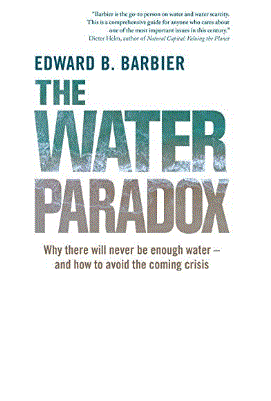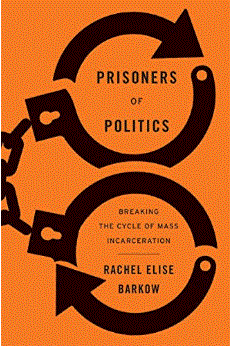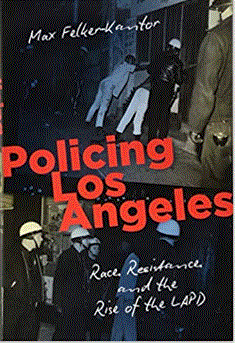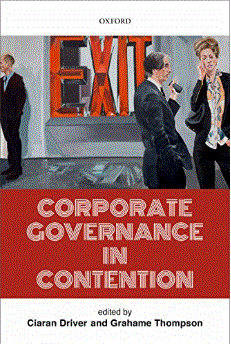Edward B. Barbier (Colorado State University),
The Water Paradox (Yale University Press 2019).

Water is essential to life, yet humankind’s relationship with
water is complex. For millennia, we have perceived it as abundant and easily
accessible. But water shortages are fast becoming a persistent reality for all
nations, rich and poor. With demand outstripping supply, a global water crisis
is imminent. In this trenchant critique of current water policies and
practices, Edward Barbier argues that our water crisis is as much a failure of
water management as it is a result of scarcity. Outdated governance structures
and institutions, combined with continual underpricing, have perpetuated the
overuse and undervaluation of water and disincentivized much-needed
technological innovation. As a result “water grabbing” is on the rise, and
cooperation to resolve these disputes is increasingly fraught. Barbier draws on
evidence from countries across the globe to show the scale of the problem, and
outlines the policy and management solutions needed to avert this crisis.
- Publisher's Description



